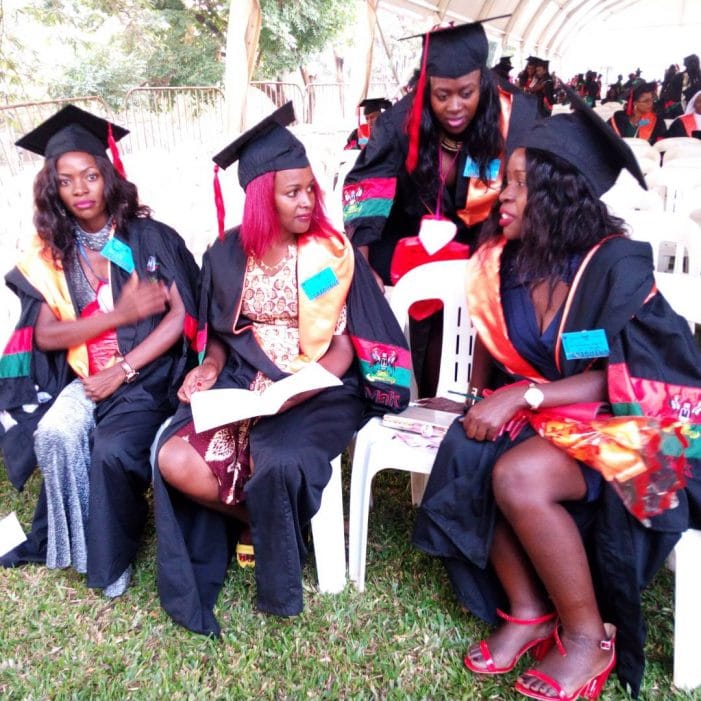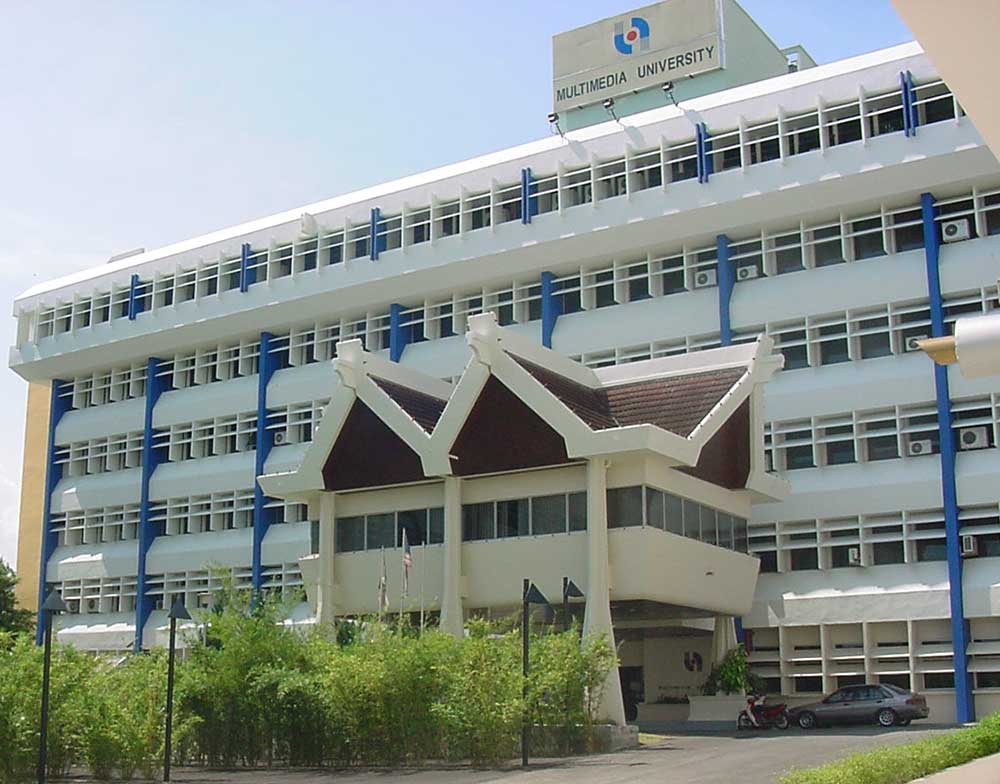The study of law refers to an academic endeavor focused on learning rules, how to apply those laws, and how to process transactions and legal claims on behalf of clients.
Studying law would give you the requisite knowledge in a legal hearing where you argue points of law.
A scholar once said that every citizen of a country should have a surface knowledge of the laws in his country, as this would encourage the understanding of rights and help curb crimes.
Studying law simply is going to school to gain a degree in law as a field of study. The Caribbean is also great for learning due to its pleasant weather and impeccable schooling systems. These are the ten best law schools in the Caribbean.
Table of contents
- 1. Hugh Wooding Law School
- 2. Institute of Law & Academic Studies
- 3. University of the West Indies Faculty of Law
- 4. University Of Puerto Rico
- 5. Polytechnic University of Puerto Rico
- 6. University of the Virgin Islands
- 7. Santo Domingo Institute of Technology
- 8. University Of The Commonwealth Caribbean
- Frequently Asked Questions
- Conclusion
- References
- Recommendations
Is going to a Law School in the Caribbean worth it?
Only you can decide whether choosing to go to law school in the Caribbean is worth it in the long run. Everyone has their reason for doing a thing.
You would have to decide for yourself if it is worth it. Most students choose to go to law school because they want to help people, groups, organizations, or companies solve challenging problems and manage their legal issues.
These are some other reasons students choose to study law and why you could consider attending law school in the Caribbean. Consider them and then ensure it is worth it for you.
- Lawyers are in demand, and their jobs will likely be around for a while. Going to law school in the Caribbean is necessary to ensure you’re never out of a job.
- Law schools in the Caribbean build a strong foundation for further or combined academic studies. This is enough reason why people go to law school in the Caribbean.
- Going to law school in the Caribbean opens up endless career opportunities. Graduates are desirable candidates for media, academia, commerce, social work, and politics careers.
- Almost all lawyers are financially stable. While going to law school in the Caribbean doesn’t guarantee a large salary and a successful career, it typically provides more than enough income and job security.
- Most people who pursue law have a strong sense of justice. Going to law school in the Caribbean can make significant changes to the legal system.
- Law is an honorable profession and graduating from law school is an empowering experience that builds self-confidence.
What does it cost to attend Law School in the Caribbean?
According to the U.S. News and World Report annual survey of over 197 law programs, the average cost of attending a private law school is $43,020, and attending a public law school costs an average of $26,264 for in-state residents and $39,612 for out-of-state students.
This depends on the particular law school which you intend to attend in the Caribbean.
What is the duration for Law School in the Caribbean?
In the Caribbean, law school is a three-year course for full time and four years for evening division courses. In the first year of law school, you would be expected to focus on broad basic law classes such as evidence, contracts, torts and civil procedure.
In the second year of law school, you would be taking primarily specialized and theoretical courses. You would also be going to courts a lot to understand the practical aspect of what you’ve been taught.
The third year is spent taking additional specialized courses. These specialized courses lean toward the practice area in which the lawyer hopes to practice.
In this third year, you would be expected to become a clerk for law firms or courts and take internships during summers and the third year.
After law school, new lawyers spend about six months, depending on the state, studying for and awaiting results for the bar exam.
Regardless of where you go to law school, it takes approximately six or seven years to become a lawyer. Many countries have slightly different requirements, including shorter law schools.
How long does it take to attend Law School in the Caribbean?
The law program takes about 4 to 5 years on a full-time basis. Attending a law school on the other hand is about 2 to 3 years.
Requirements for enrolling in a Law School in the Caribbean
- Gain a Bachelor’s Degree- Before enrolling in a law school in the Caribbean, you must obtain a bachelor’s degree in any field from an accredited college in the Caribbean. Determine what undergraduate courses that school requires for law school admission and take those classes.
- Get a Law Degree- A law school is like a higher education after you have completed your law degree. You must complete all units necessary to obtain one of the two accepted professional degrees: A Bachelor of Laws (Lb.) or a Juris Doctor (J.D.) The former is the degree most commonly offered by Caribbean law schools and requires attending a four-year law program covering only bar-exam subjects. Before enrolling in a law school, you must have a law degree.
- Take the Bar Exam- To ensure you meet up with the required standards, you would take the bar exam. The subjects covered in the bar exam include Political International Law, Labor and Social Legislation, Civil Law, Taxation, Mercantile Law, Criminal Law, Remedial Law and Legal and Judicial Ethics. The pass level for the bar exam is estimated at 75 percent.
10 Best Law Schools in the Caribbean
The Caribbean has three main law schools and, to practice law in the Caribbean, you must graduate from one of those schools after getting a law degree. You can earn a Bachelor of Laws degree at the other listed schools.
1. Hugh Wooding Law School
The Hugh Wooding Law School is one of three sibling law schools created by the Caribbean Council of Legal Education (CLE). It was established in 1973 with its main purpose being to serve the legal needs of the Caribbean.
To gain admission into this law school, you would be required to take the regional entrance exam, which is administered by the CLE on the island. The program can be completed in two years.
In the first year of law school, you should expect to take courses like Advocacy and Criminal Practice and Procedure. During the second year, you would go into specialized courses like Conveyancing and Registration of Title, Law Office Management, Accounting and Technology, and Law of Succession.
Hugh Wooding law school also has provisions for a six-month conversion course for individuals with a law degree from outside of the Caribbean.
2. Institute of Law & Academic Studies
Based in Chaguanas, the Institute of Law and Academic Studies (ILAS) aims to prepare students for legal practice in the Caribbean. This law school in the Caribbean has produced 1,050 lawyers who practice in the Caribbean and abroad.
There are provisions for taking classes on a full-time, part-time or evening schedule. In enrolling in this law school, have in mind that you would take courses like Criminal Law, Contract Law, Public Law, Law of Torts and Family Law, amongst others.
Tuition for the Institute of Law and Academic Studies has been set at $1,000 (USD 157.68) per year. This cost does not include additional fees, such as an annual continuous registration fee and examination fee.
3. University of the West Indies Faculty of Law
The University of the West Indies has campuses across the Caribbean. The law department offers classes on the St. Augustine campus located in Trinidad. However, only first-year courses are offered on this campus.
After you have completed the first year of the program, you would be required to transfer to the University’s Cave Hill Campus located in Barbados. When the three-year course is completed, you would then receive your LLB degree.
For over seven decades, The University of the West Indies (The UWI) has provided service and leadership to the Caribbean region and wider world. If you are considering attending a law school, you should consider the University of West Indies Faculty of Law.
4. University Of Puerto Rico
The University of Puerto Rico is one of the top colleges in the Caribbean where you can study law in the Caribbean and come out excellently. It currently has eleven different campuses and enrolls almost 58,000 students annually.
The University of Puerto Rico is accredited by the Middle States Commission on Higher Education. This university has a graduation rate of 55%, the Acceptance rate of 49% and tuition costs of approximately $4,824
5. Polytechnic University of Puerto Rico
Located in San Juan, Puerto Rico, the Polytechnic University of Puerto Rico is a private non-profit university and a top island college. It has been regarded as a rally good school to go to law school in the Caribbean.
It is also widely known as one of the best schools to study private engineering and agricultural-related courses. It is also the largest Hispanic Serving Engineering School in the United States.
The Polytechnic University of Puerto Rico is a top Caribbean college. The school offers a variety of undergraduate and graduate degree programs to its students.
It has a total undergraduate enrollment of 3,718 and also has a gender distribution of 74% male students and 26% female students.
At this school, 1% of the students live in college-owned, -operated or -affiliated housing and 99% of students live off campus.
6. University of the Virgin Islands
University of the Virgin Islands is a public institution in the Caribbean that was founded in 1962. It has a total undergraduate enrollment of 1,587. It has an urban which makes it easier for students to find it very easy to study.
It utilizes a semester-based academic calendar. University of the Virgin Islands’ ranking in the 2024 edition of Best Colleges is Regional Colleges South, is 35. Its in-state tuition and fees are $5,235; out-of-state tuition and fees are $14,496.
This college in the Caribbean is made up of two campuses. The Albert A. Sheen Campus, which is located on the island of St. Croix, and the St. Thomas campus. About 2,500 students are enrolled at this Caribbean college.
Almost fifty different degree programs are offered at this island college. The University of the Virgin Islands is among the top universities in the Caribbean to go to law school.
7. Santo Domingo Institute of Technology
Santo Domingo Institute of Technology (INTEC), is a private university located in Santo Domingo, Dominican Republic. It is considered by a large population of people to be one of the best institutes of technology in the country.
This college in the Caribbean is known for its beautiful campus, which is located near the National Botanical Garden. Students at The Santo Domingo Institute of Technology study programs in law, engineering, health sciences, business, social sciences, humanities, and environmental sciences.
They are also known for having the best professionals in the country in this school, teaching law. It is also regarded as one of the best law schools in the Caribbean.
The admission rate range is 70-80% making this Dominican higher education organization a somewhat selective institution. International applicants are eligible to apply for enrollment.
INTEC also provides several academic and non-academic facilities and services to students including a library, sports facilities, financial aids and/or scholarships, study abroad and exchange programs, as well as administrative services.
8. University Of The Commonwealth Caribbean
The University of the Commonwealth Caribbean is also ranked among the top Caribbean schools. It is located in Kingston, Jamaica, the University of the Commonwealth Caribbean was formed in 2002 after the Institute of Management Sciences was merged with the older Institute of Management & Production.
The University of the Commonwealth Caribbean maintains six campuses across the island of Jamaica. A total of 5,000 students are enrolled across this island college’s many campuses.
University of the Commonwealth Caribbean is a for-profit private higher-education institution located in the urban setting of the large city of Kingston.
This institution also has branch campuses in the following locations: Montego Bay, Ocho Rios, Savanna-La Mar, Mandeville, May Pen. The admission rate range is 70-80% making this Jamaican higher education organization a somewhat selective institution.
9. Northern Caribbean University
Northern Caribbean University (NCU) is a private, liberal-arts institution owned and operated by the Jamaica Union Conference (JAMU) and the Atlantic Caribbean Union Mission (ACUM) of Seventh-day Adventists, and is located in Jamaica.
It has its location in Mandeville town, in Manchester. The northern Caribbean university is known for its professional, pre-professional, and vocational programs in a spiritually wholesome and aesthetically pleasing atmosphere.
Northern Caribbean University tops the ranking of the top schools in the Caribbean to study law. Currently, the Northern Caribbean University operates four campuses: its main campus in Mandeville, plus three regional campuses located across the island of Jamaica.
Northern Caribbean University is one of the oldest island colleges in Jamaica and was founded in 1907.
10. Georgetown American University
Georgetown American University is located in the capital city of Guyana, Georgetown – one of the world’s most culturally diverse cities.
Guyana, the only English speaking South American country shares a rich Caribbean culture and is considered as part of the West Indies and Caribbean Community.
The law school curriculum taught in this would help you in ways you can’t imagine. It would help you think sharper, smarter and faster. The curriculum would also brush up your mooting skills.
They emphasize problem-based learning with a student-centered approach. The faculty is chosen based on both their commitment to teaching and outstanding credentials.
The mission of Georgetown American University is to provide students with a law school education of the highest quality.
Frequently Asked Questions
No. There are no prerequisite classes or majors to qualify for law school.
In scouting for law schools in the Caribbean, you should be looking out for one that’s a good fit for you. This includes the finances, the atmosphere, the location.
Law schools before accepting your look to ensure the strong academic ability. They also look for well-rounded applicants.
Generally, most law schools in the Caribbean offer scholarship opportunities. They could be merit-based or need-based.
This is totally your choice. However, it is that you do not work during this period. If you insisting on doing so, ensure it is a part-time position until you have at least gotten through the first year.
Conclusion
In applying for law schools in the Caribbean, ensure that you know what exactly you want to do with your law degree after you’re done. Studying law can also be very demanding. Ensure this is what you want out of your life before delving in.





